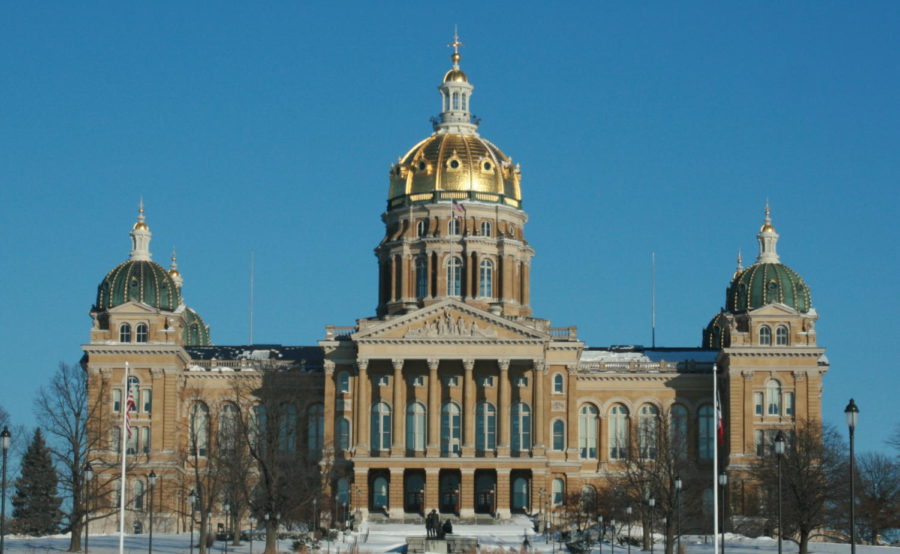Iowa State community reflect on the Legislature passing new abortion restrictions
June 17, 2020
A bill that would require a 24-hour waiting period for women seeking an abortion was approved by the Iowa Legislature at 4:30 a.m. Sunday.
The woman must present to a doctor that she has received an ultrasound and has been presented the opportunity to see an image of the fetus and hear the heartbeat in writing, according to the bill.
The woman also must show her doctor in writing that she has been presented with information regarding the risks associated with having abortions and alternative options such as adoption.
The amendment was introduced Saturday evening and was added on to another bill. It will now move to Gov. Kim Reynolds’s desk to be signed after it passed the Iowa House around midnight followed by passing through the Iowa Senate at 6 a.m, providing no time for public comment.
Rep. Beth Wessel-Kroeschell, D-Ames, said as it becomes harder to access abortions in the state due to a decrease in clinics, the waiting period would only create another barrier for women in lower socioeconomic classes.
“It definitely puts a barrier, for some of us is not that big of a deal, but for women who are really struggling particularly financially, it is a barrier,” Wessel-Kroeschell said.
As abortion clinics grow scarce in the state, some women must commute for the procedure and the waiting period could force them to take more time off work or hire child care.
Chuck Klapatauskas is a junior majoring in mechanical engineering and the president of Young Americans for Freedom. He said this bill is a small but necessary step for the pro-life movement.
“Something like this helps create more awareness of a very important and crucial decision and puts more importance on it that might not have been allocated beforehand,” Klapatauskas said.
Klapatauskas said he hopes that this time period helps people think over their decision.
“I think the end goal is to create a more unified and better society and one that we reverse the stigma that bringing children into this world is kind of a burden, so to speak,” Klapatauskas said. “You always hear that your gut reaction to any sort of situation, you should not go with, you should always take time to think it back. I think when you implement periods like this where it forces people in these decisions to take time, it really makes it a question of what will bringing a child into this world do for not only your family but your community. So I hope to see more and more babies brought into the world and these better terms rather than abortion.”
While on the floor Wessel-Kroeschell asked how this waiting period could impact a woman who is miscarrying. The answer was not so black and white.
“When you have a miscarriage you are billed for an abortion. What happens is very unclear, if it is not an emergency a woman who is miscarrying would have to wait 24 hours and that just doesn’t make any sense to me,” Wessel-Kroeschell said. “Seems to me that, that’s a really emotional time for most women and they deserve to have their health care attended to as the doctor sees fit, not as the Legislature.”
Director of the Carrie Chapman Catt Center, Karen Kedrowski said that the Legislature is sneaking in a ban on abortion while the collective focus of the country is focused on other things.
Kedrowski said the ultimate goal for anti-abortion forces across the country is to go through the appeals process in hopes to end up before the U.S. Supreme Court.
“They now believe that there is a court majority that would favor overturning Roe v. Wade and therefore they could end up removing that important precedent and move towards making abortion either more difficult or banning it altogether within some states,” Kedrowski said.







